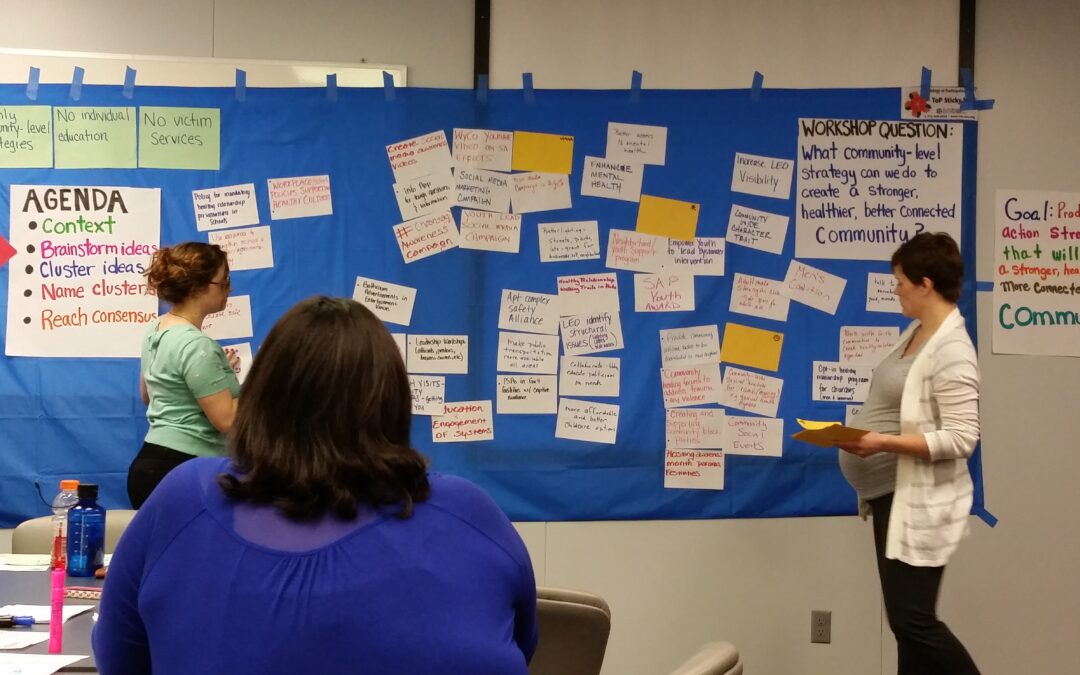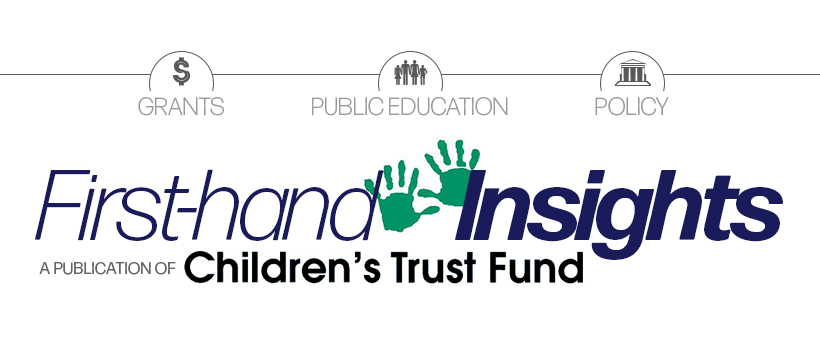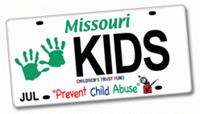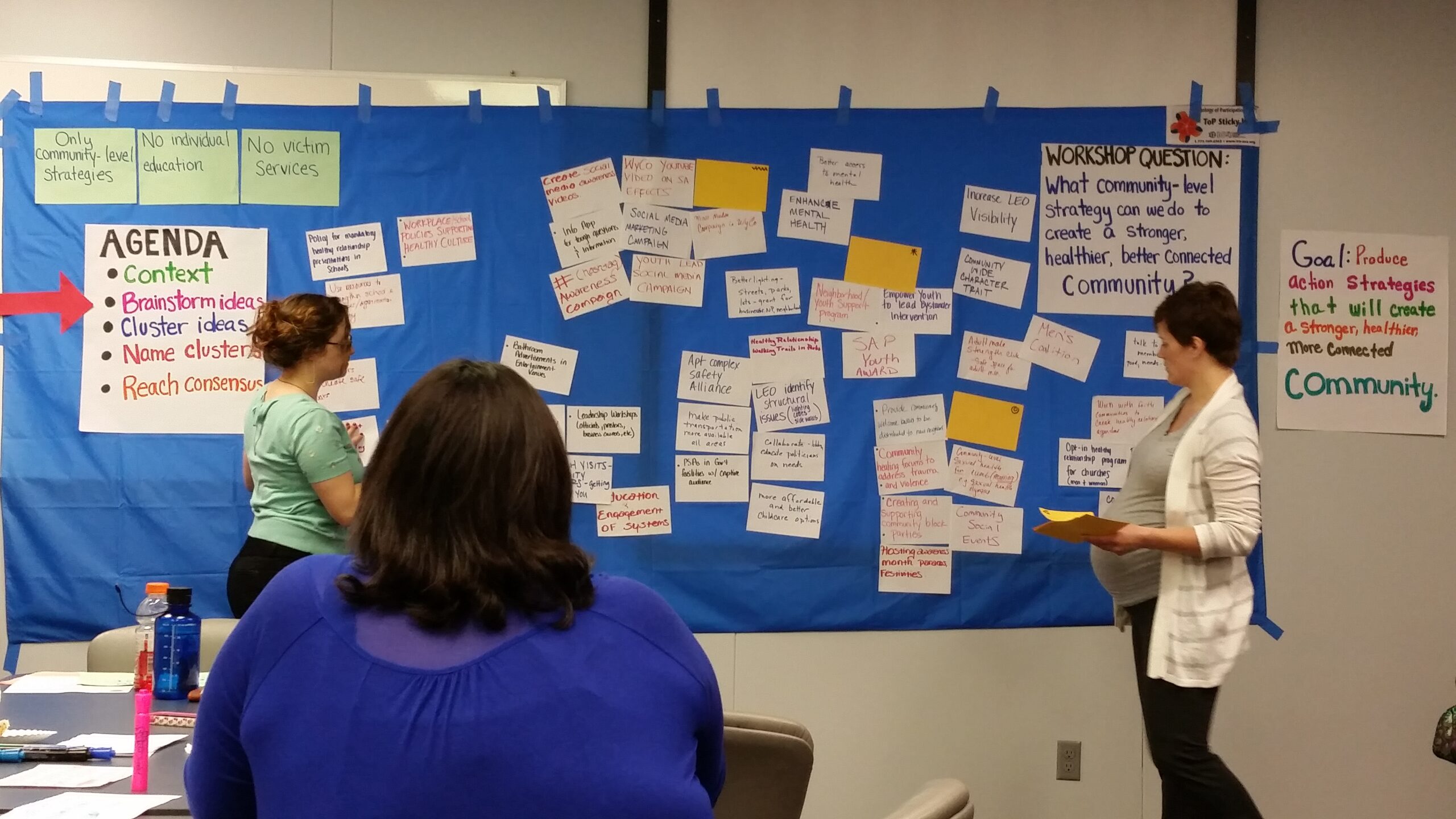
“A problem in the field…”
In our most recent round of Grant Funding, CTF committed nearly $1.7 million over the next four years specifically targeted at measurably preventing Child Sexual Abuse.
We took some time to talk with Melanie Austin, Assistant VP of Programs at MOCSA (Metropolitan Organization to Counter Sexual Assault) in Kansas City, one of four organizations awarded a grant, about how MOCSA intends to use CTF funding to integrate child abuse prevention strategies into its already proven community-based service model.
“A problem in the field of sexual violence, and specifically child sexual abuse, is that there are no significant evidence-based studies on what actually works when it comes to prevention,” Melanie states. “What we do know is that prevention can take a long time. What’s noteworthy about this CTF funding is that it’s more long-term, capacity-building funding, so we can really track results over a number of years – and the grants help cover the cost of creating the actual tools we need to evaluate outcomes.”
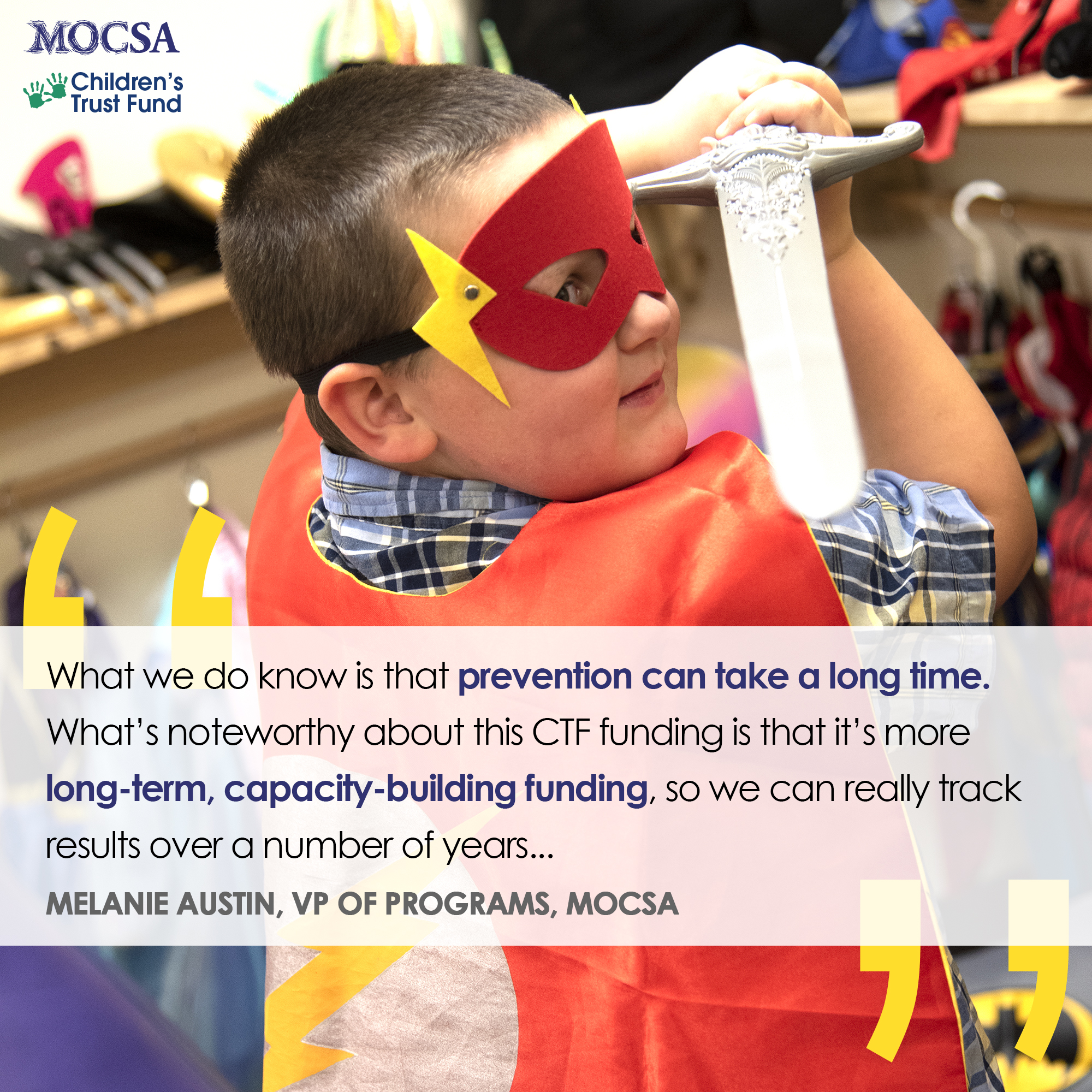
“Operating from a public health framework…”
MOCSA, which has 40+ years of history providing essential, responsive victim services, counseling, public education, and legal aid in the Kansas City metro area, began focusing on preventative work at the community level in 2013, including organizing three coalitions in three different metro communities. These coalitions are comprised of community partners in education, law enforcement, and a variety of social service agencies who come together to draft prevention action plans.
Some of the preventative plans facilitated by MOCSA are implemented on their own, and others are completely integrated into existing public health plans. “We’re operating from a public health framework,” Melanie explains, “Each of our coalition plans offers strategies to prevent sexual violence at the policy level, organizational level, environmental level, and individual level. Each plan also has different data points that we’re looking to track.”
With the CTF Child Sexual Abuse Prevention Grant initiative, MOCSA can use this “layered strategies” approach – where a problem is tackled in multiple ways at the same time, making it easier to accomplish noticeable changes – to help communities coordinate their resources, which Ms. Austin believes is the real key to having a greater long-term impact.
“I like to think about other public health issues and that amazing shifts we’ve seen,” she remarks with enthusiasm, “take smoking – when I was a kid, everyone smoked. Then, over the course of 25 years, there’s been individual and community education, regulation, policy initiatives, local ordinances, shifts in social norms… and the sum of these strategies layered together, over time, has been fewer people smoking.”
“What do you want to measure?”
So, what would MOCSA like to see change for good in the communities it serves? “Of course, we know our team would like to see fewer actual incidents of child sexual assault, fewer calls to our 24-hour crisis intervention hotline,” Melanie elaborates, “but ultimately the communities who will benefit from this funding will decide. We’re asking them now in our coalition meetings: what do you want to measure?”
For MOCSA, the goal is not only creating a stable model that can be replicated in any community, but also one that builds in the time needed for each community to truly identify risk factors to reduce and protective factors to improve. “This is not a controlled research trial, but we’re in a good position to monitor the success of community programs,” says Melanie, “CTF, by providing this funding opportunity and having it be multiple-year funding means that we have time to get a project actually up and running – not just scrambling to spend dollars in a way that may not be effective. We have time to know exactly what we need to focus on in each community and implement a layered strategy.”
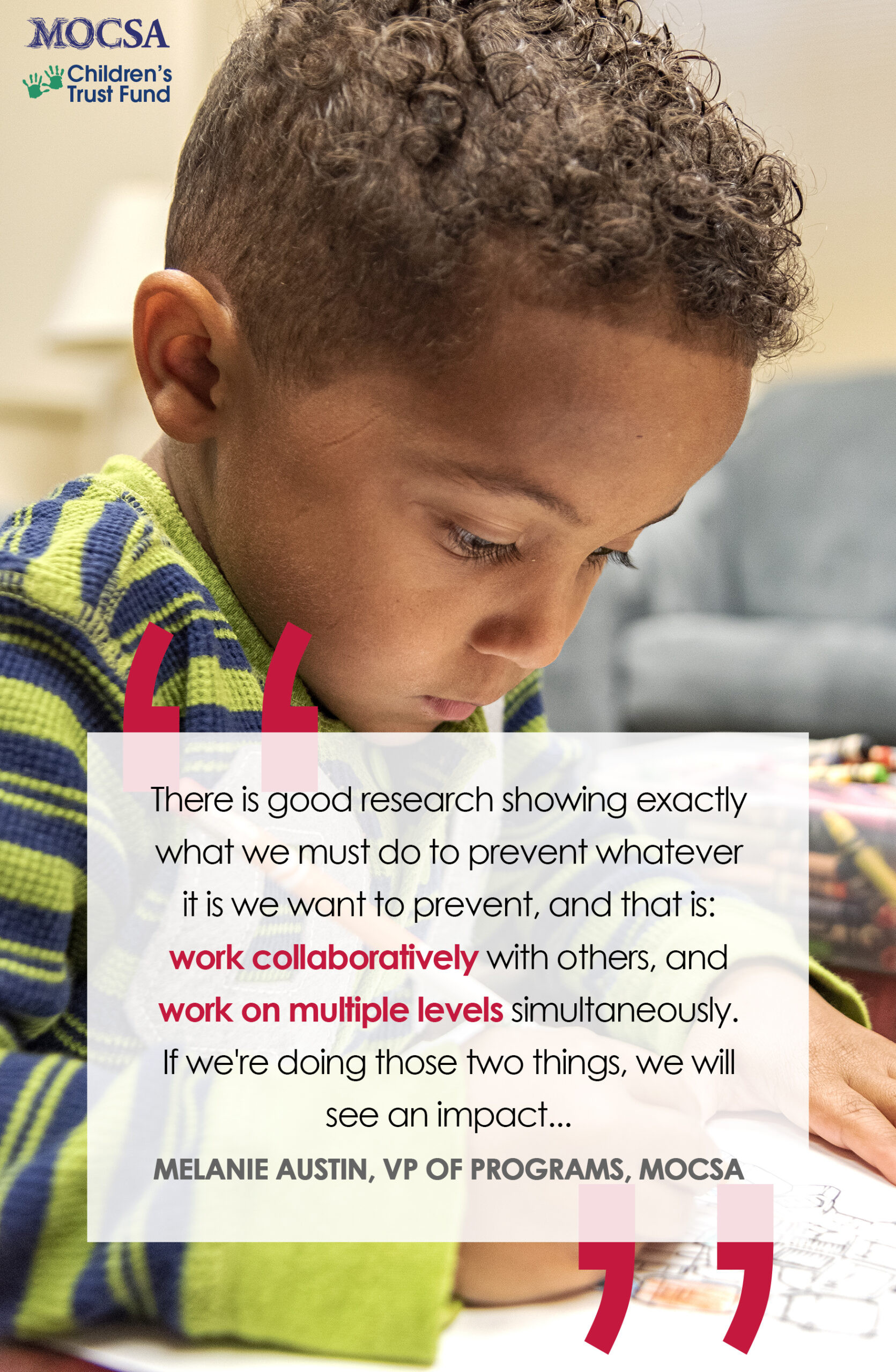
“Realistically…”
At CTF, our team is asked often: what must we actually do to prevent child sexual abuse in Missouri? It’s a remarkedly difficult question to answer. Ms. Austin admits that there may be no single magic solution, citing a vacuum of long-term study on child sexual abuse, coupled with the challenges faced by organizations doing preventative work – namely the public’s discomfort with the topic of sexual assault in general, and the expectations many donors and funders have of producing fast results and universal programs.
“Realistically, programs that produce results require a 5, 10, 15 year process. But,” she reiterates, “there is good research showing exactly what we must do to prevent whatever it is we want to prevent, and that is: work collaboratively with others, and work on multiple levels simultaneously. If we’re doing those two things, we will see an impact, even if it takes longer than any of us would like.”
The work MOCSA is doing is promising. The organization’s existing sexual assault prevention framework offers a starting point for what could possibly be some of the most transformative work ever yet done to develop a replicable model that communities can use to tangibly reduce incidents of child sexual abuse.

